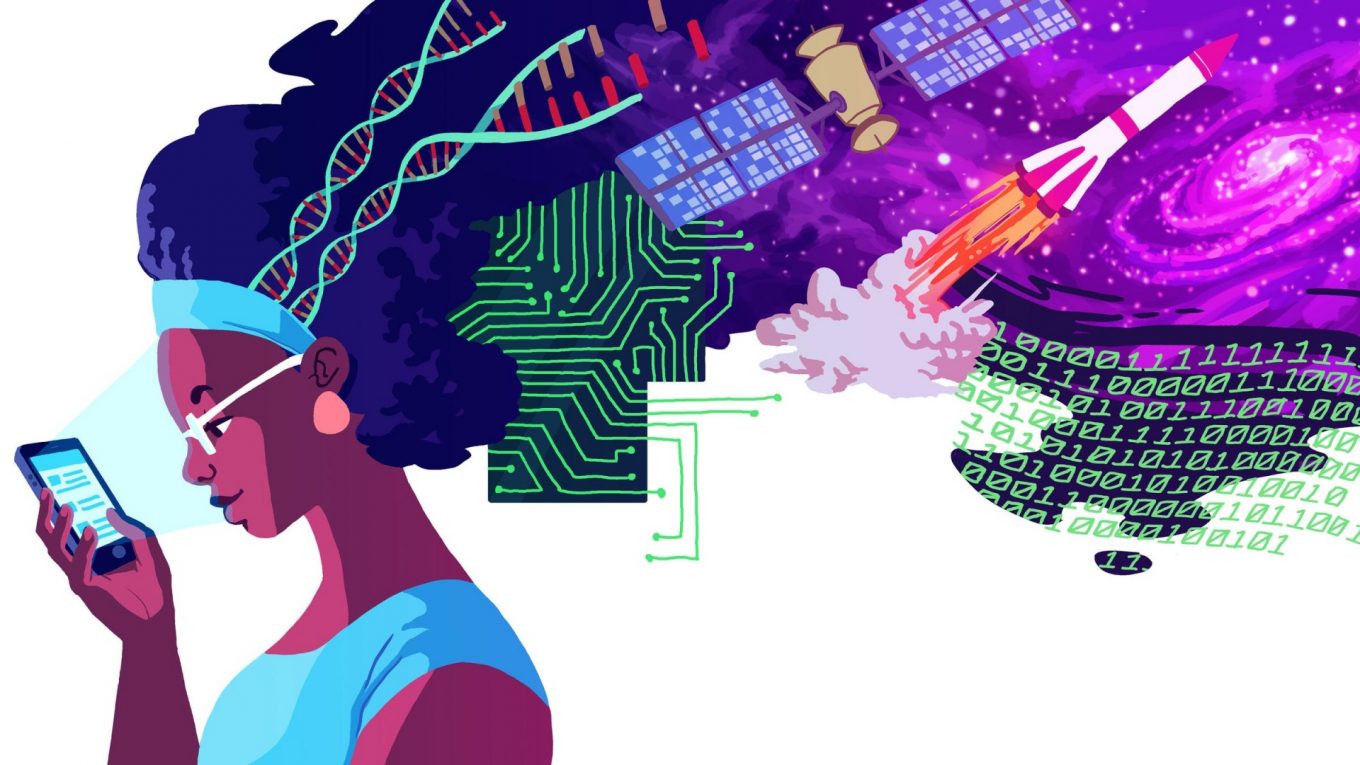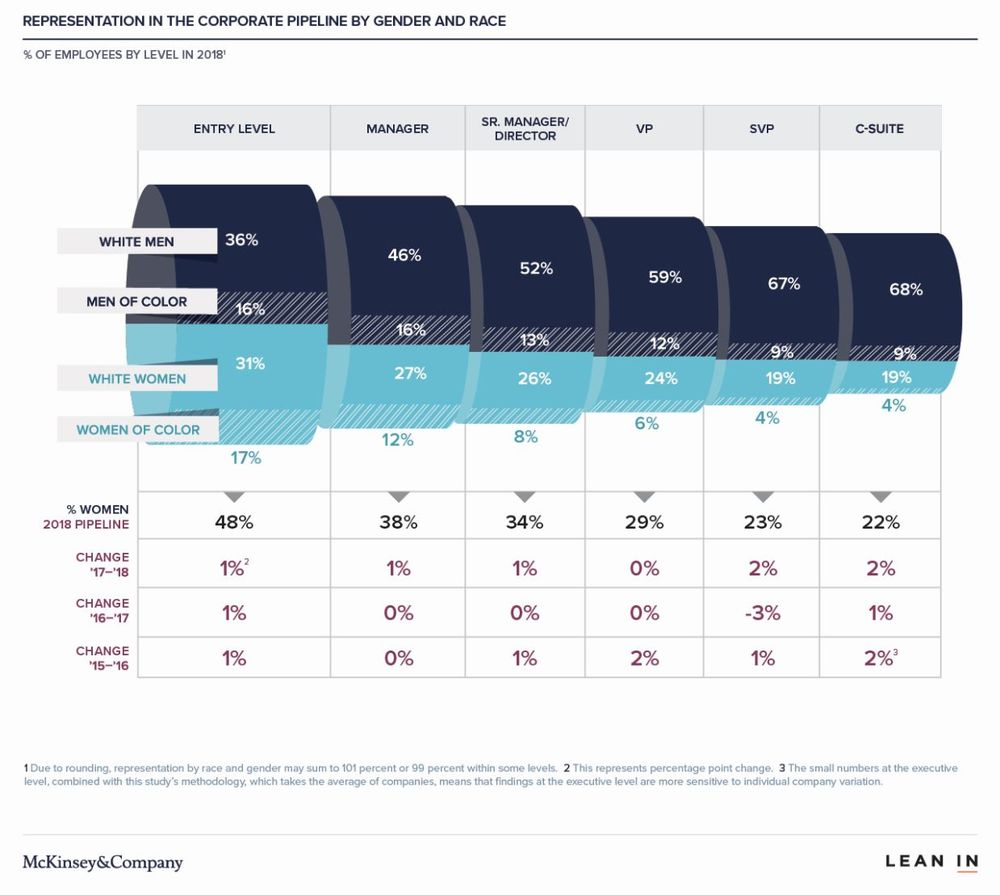
The tech industry and diversity have long been antonyms. Yet tech is poised to become the top sector of employment by the end of the pandemic, and is currently growing three times faster than the rest of the economy (diversityintech.co.uk). What are the benefits of ending the W.E.I.R.D monopoly on tech careers?
That the WEIRD (western, educated, industrialised, rich, democratic) monopoly on tech should be a problem might sound paradoxical to many tech-smart ears. But the growing adoption of tech across the globe, in developing countries as well as their developed counterparts, sparks questions about control, ownership and usage. Who gets to design the tech used by billions?
Simeon Quarrie, founder and CEO at VIVIDA, which creates immersive training experience for cybersecurity, explains: “At the moment, the tech industry doesn’t reflect the society it was built to serve. Most people are drawn to industries where they can see people like them excelling in them. You see someone like you doing well in an industry and are inspired to follow in their footsteps.”
There has been a push for greater diversity in the tech workforce; with greater representation comes a greater range of perspectives and information processing styles. It is understood that this would yield more innovative results, which would have the added benefit of being better suited to general application by the public. Examples of a lack of diversity leading to mixed results in the past include the first release of Apple’s HealthKit app in 2014, which was originally unable to acknowledge women’s menstrual cycles, or digital soap dispensers in the UK built on face-recognition technology which were unable to recognise dark skin.
Diversity in tech has long been a contentious subject; in the West, the discourse centres chiefly on gender imbalance, as reflected in the ongoing discussion about the lack of women in STEM subjects at university level. There are also qualms and concerns at career level; a recent survey from BIMA (British Interactive Media Association), which asked 3,000 people to explore their experience of diversity as members of the UK technology community, found that 35% of women feel their gender has negatively affected their career progression.
This is symptomatic of a wider discrimination problem: the same survey revealed that 14% of respondents believe their ethnicity has negatively affected their career progression, with nearly a third (32%) of people of Asian and South East Asian descent, and 40% of people from an Afro-Caribbean and mixed heritage background, saying they have experienced negative discrimination as a result of their ethnicity (itpro.co.uk).

This also plays off wider concerns about cognitive diversity; certain psychologists refer to the need for ‘neurodivergent’ minds. Put simply, having a ‘diversity of minds’ can help with problem solving and lateral thinking, allowing teams to overcome challenges more efficiently. According to the Harvard Business Review, teams who are cognitively diverse solve problems faster than teams who are cognitively similar. Diversity thus serves as a performance booster.
Interestingly, the Tech Talent Charter’s annual benchmarking report from January 2020 found that gender representation was better in micro-organisations than in larger companies, with 42% female staff in technical roles in micro organisations compared to 24% in large companies within its signatories. This shows that building a close-knit team and fostering a trustful relationship between coworkers is fundamental.
Having a team which is diverse, inclusive and transparent is key to success as it is also conducive to psychological safety, allowing each employee to “voice their different views,” according to Diversity In Tech. Indeed, it has been found that “employees who think their organisation is committed to improving and supporting diversity, increases they ability to innovate by 83%” (ibid). Moreover, an inclusive workplace “can create positive word of mouth for people you want to hire and develop.” And they added:“The cost of hiring and training a new worker is around 20% or more of a person’s annual salary. Avoiding turnover also gives a powerful message about culture.”
But where to start? Multi-award-winning diversity and inclusion expert Perrine Farque, who serves as a judge at the Diversity in Tech Awards, recommends that companies “make diversity a part” of their “culture.”
“Hiring diverse talents starts before searching for candidates and collecting CVs. If you don’t have the fundamentals in place in your organisation, your efforts will fail. Take a moment to revisit your company culture before starting a new candidate search.”
Minor structural tweaking will not suffice; tech companies lacking in diversity at any level, from IT to corporate management, will need to overhaul their present recruitment model to ensure longevity. In a post-pandemic landscape where technology is common currency, diversity is a make-or-break deal.

Founder Dinis Guarda
IntelligentHQ Your New Business Network.
IntelligentHQ is a Business network and an expert source for finance, capital markets and intelligence for thousands of global business professionals, startups, and companies.
We exist at the point of intersection between technology, social media, finance and innovation.
IntelligentHQ leverages innovation and scale of social digital technology, analytics, news, and distribution to create an unparalleled, full digital medium and social business networks spectrum.
IntelligentHQ is working hard, to become a trusted, and indispensable source of business news and analytics, within financial services and its associated supply chains and ecosystems












